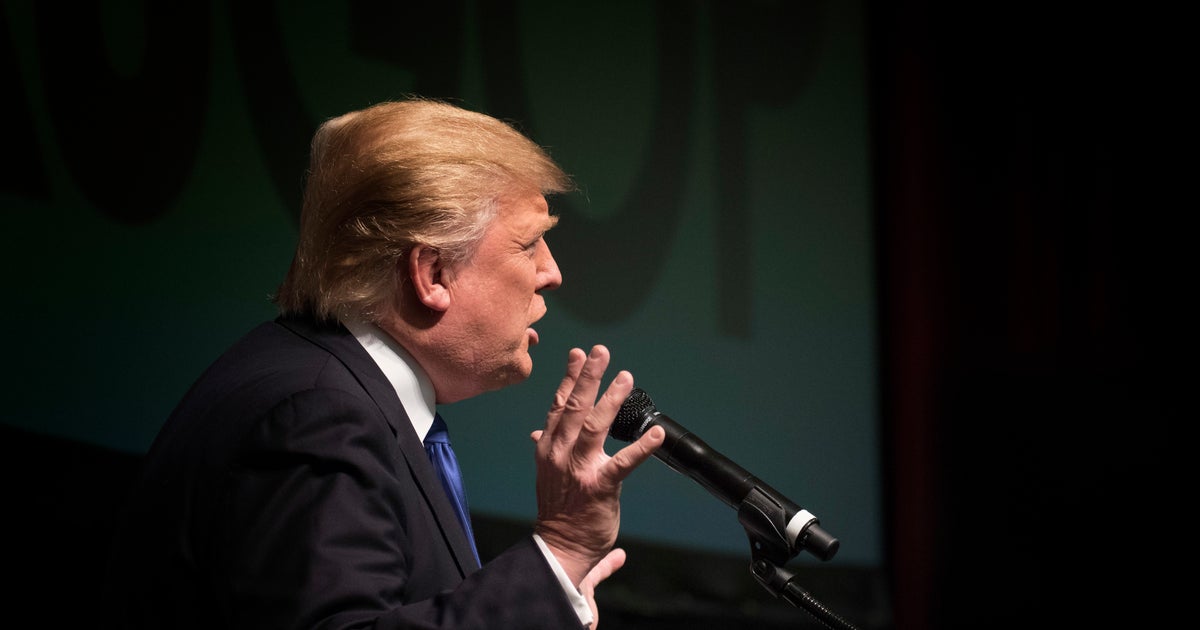Gen. David Petraeus: "You can't completely get out of endless wars"
Former CIA director and retired Gen. David Petraeus, who previously commanded coalition forces in Iraq and Afghanistan, spoke with "60 Minutes'" John Dickerson on the "CBS This Morning" podcast about the state of ISIS in the wake of the killing of its longtime leader Abu Bakr al-Baghdadi.
While Petraeus said the death of al-Baghdadi is "a very significant blow" to the Islamic State, he emphasized, "what we're seeking is not the temporal defeat, not just one defeat or one senior leader. This is about the enduring defeat of the Islamic State." Petraeus also highlighted that there are other Islamic state entities around the world including in South Asia that al-Baghdadi was not directing on a daily basis.
When asked about President Trump's repeated promise to end what he calls America's "endless wars," Petraeus said, "I absolutely understand the desire and the desirability of getting out of endless wars. Nobody understands that better than the individual who commanded our forces at the height of each of the operations in Iraq and Afghanistan and then the overall Middle East and Central Asia as the commander of U.S. Central Command. So I am again absolutely supportive of that except that you can't completely get out of endless wars because you end up going back into them."
He also noted, "I'm not aware of any large demonstrations in the United States against the continued operations in Syria or Iraq or Afghanistan. We've actually gotten these down to very modest numbers compared to say the 165,000 American men and women I was privileged to lead an Afghan in Iraq during the surge or the 100,000 U.S. and 50,000 additional coalition during the surge in Afghanistan."
Noting the rise of populism across the globe, Petraeus said, "The democratic countries of the world are not necessarily completely on top of their game." Petraeus told Dickerson, "You see populism in the United States. You see it especially in Washington, D.C. where the center has been hollowed out of Congress because of party primaries, gerrymandering of vast amounts of money, some of it not accountable, the lack of civics education around it all, all series of different issues that have led us to a point where the government shuts down and many of the budgets are not approved in time for the start of the fiscal year."
In assessing the qualities he would look for in the next president of the United States, Petraeus emphasized it's about getting the "big ideas right." He told Dickerson this includes "a degree of operational or strategic judgment that is typically founded on considerable experience and understanding of the past of history of how we arrived at the point we are today."
Above all, "it comes back to the first task of a strategic leader and again a strategic leader is someone who is truly making the decisions that matter," Petraeus said. He added the next president will need "the ability to work with others to galvanize the government and to get the bureaucracy and certainly Congress as well sufficiently working together to turn big ideas into reality on the ground."
Petraeus also talked about other foreign policy issues including why it's important to have a "coherent and comprehensive" approach in the U.S relationship with China, deal with Russia "firmly not provocatively," as well as the importance of having allies noting "coalition maintenance takes a lot of effort but it's worth it."



